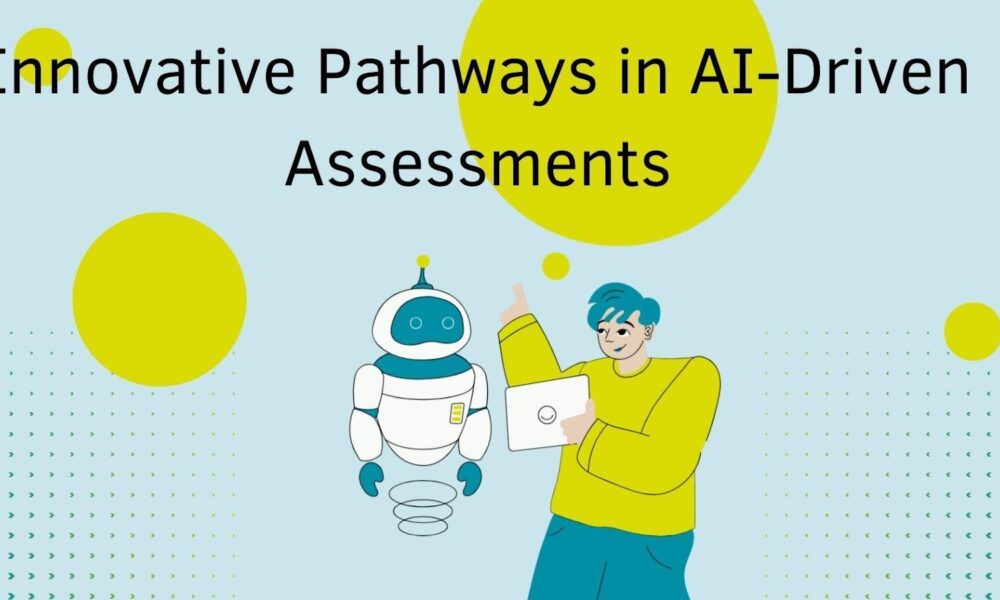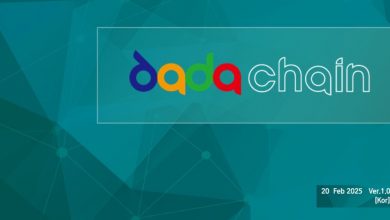Innovative Pathways in AI-Driven Assessments

In the rapidly advancing realm of artificial intelligence (AI), educational technology is a transformative force, reshaping how we learn and teach. By leveraging innovative methods, AI-driven solutions enhance personalization, foster inclusivity, and drive continuous engagement in learning. This article delves into cutting-edge advancements, with Vijay Kumar Valaboju‘s expertise shedding light on how reinforcement learning is redefining assessments and accessibility in education through innovative applications.
Reinforcement Learning: Redefining Educational Assessments
Reinforcement learning (RL), a specialized branch of machine learning, has introduced a transformative approach to adaptive AI systems that learn and evolve through interaction with their environment. These systems customize learning experiences, dynamically adapting to each user’s unique needs and capabilities. RL-driven assessments go beyond merely evaluating knowledge; they offer personalized feedback to address specific learning gaps. By prioritizing skill development over rote memorization, these innovations are reshaping educational practices, making learning more accessible, engaging, and impactful for a diverse range of learners.
Continuous Learning in a Digital Era
AI-powered platforms are transforming traditional learning models by fostering a culture of continuous education and personalized learning experiences. These advanced systems leverage sophisticated algorithms to analyze user interactions, identifying patterns and preferences to suggest tailored resources that align with individual learning paths. By keeping learners engaged and motivated, they support the development of lifelong learning habits. Moreover, the integration of real-time analytics enables educators to track progress, address gaps, and provide timely interventions. This collaborative ecosystem bridges the gap between technology and human oversight, ensuring an adaptive, dynamic, and inclusive learning environment that meets the needs of diverse learners.
Enhancing Accessibility Through Technology
AI-driven assessments have emerged as powerful tools to bridge accessibility gaps in education, fostering inclusivity for diverse learners. These systems are designed to cater to varying needs by providing customizable interfaces, adaptive technologies, and multilingual support, ensuring equal opportunities for all. With advancements such as speech and text recognition, they empower learners with disabilities to engage fully in educational activities without limitations. These innovations not only enhance accessibility but also align with the broader vision of inclusive education, where technology removes barriers, enabling all individuals to learn, grow, and thrive in equitable and supportive environments.
Real-Time Feedback: A Game Changer
The integration of AI into educational assessments has revolutionized the way feedback is delivered. Traditional evaluation methods, often plagued by delays, hinder timely intervention and limit their impact. In contrast, AI-powered systems generate real-time insights, enabling learners to instantly identify their strengths and areas for improvement. This immediate feedback accelerates the learning process, fosters a deeper understanding of concepts, and empowers students to actively engage with their education. By placing control in the hands of learners, these systems promote self-directed growth and more effective learning outcomes.
The Role of Predictive Analytics in Learning
When paired with AI, predictive analytics revolutionizes the way learning outcomes are anticipated and addressed. By examining historical data alongside current performance metrics, these advanced systems identify potential challenges and offer preemptive solutions tailored to individual needs. This foresight not only equips learners with the tools to overcome obstacles but also enhances their overall preparedness and confidence. The result is a significant increase in success rates, improved engagement, and a more satisfying educational experience for both learners and educators.
Ethical Considerations and the Future of AI in Education
The advantages of AI-driven assessments are undeniable, but addressing ethical concerns such as data privacy and algorithmic fairness is crucial. Protecting user data while ensuring transparency and impartiality in AI algorithms demands collaboration between developers and educators. Establishing robust guidelines is essential to safeguard the interests of learners and maintain trust. As AI technology advances, its integration into education must center on fostering equity and prioritizing the well-being and rights of every individual in the learning process.
In conclusion, Vijay Kumar Valaboju‘s insights into the applications of reinforcement learning in education highlight the significant role AI plays in reshaping learning experiences. By leveraging these innovations, educational systems can enhance personalization, accessibility, and engagement, fostering a culture of lifelong learning. Embracing these advancements ensures the creation of inclusive, dynamic environments that empower learners and educators alike, driving progress in education for all.





